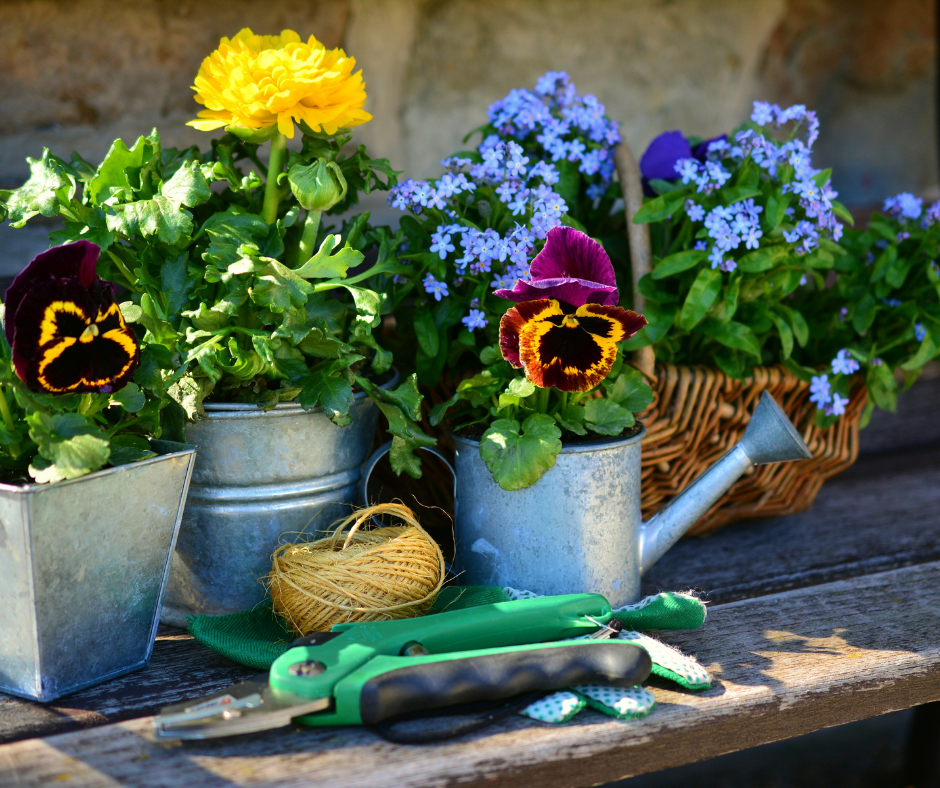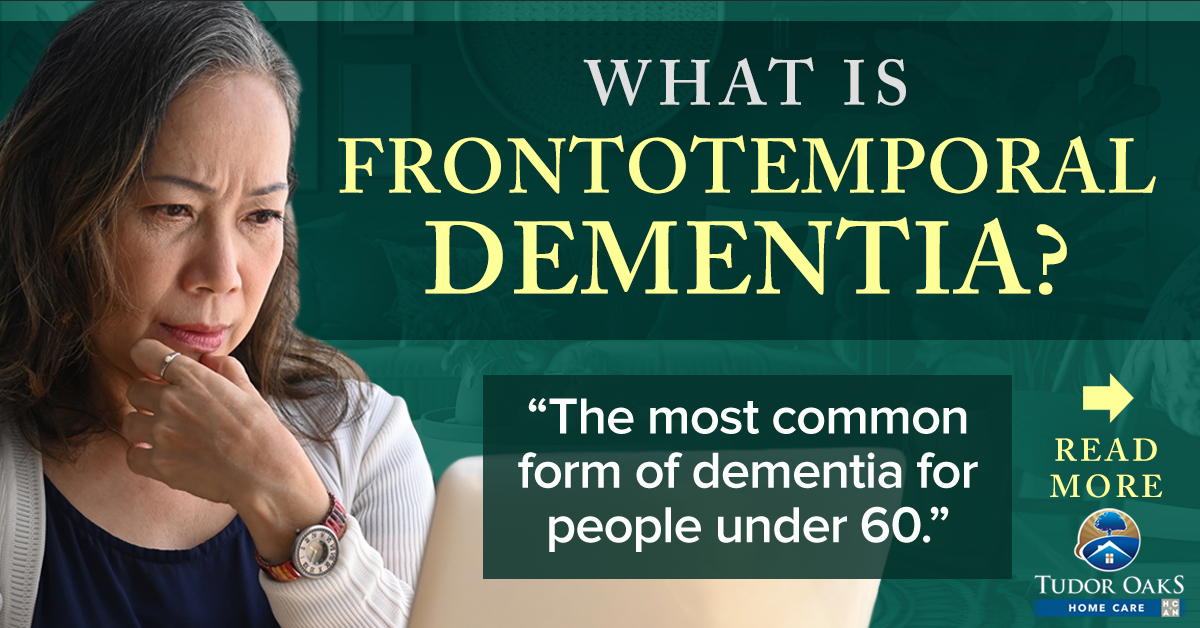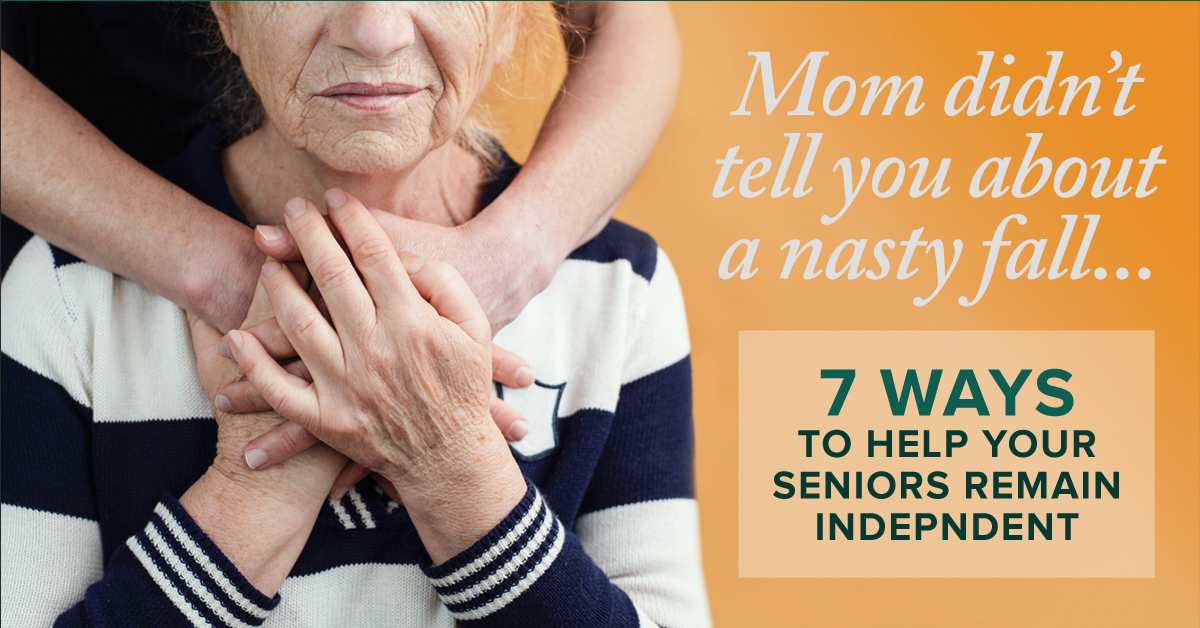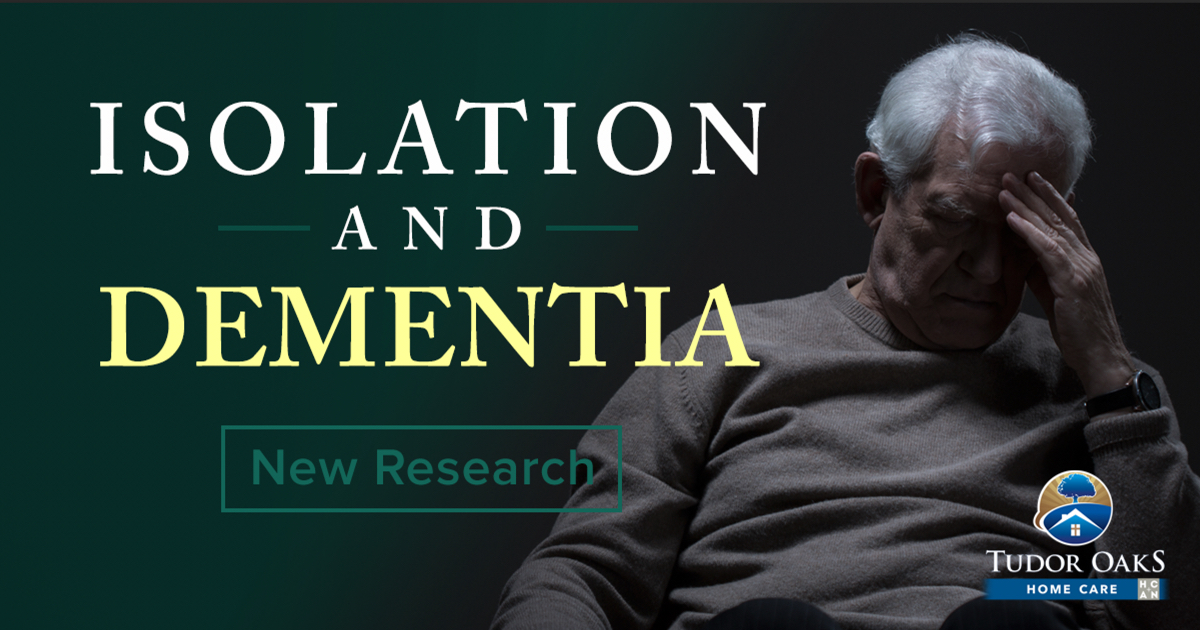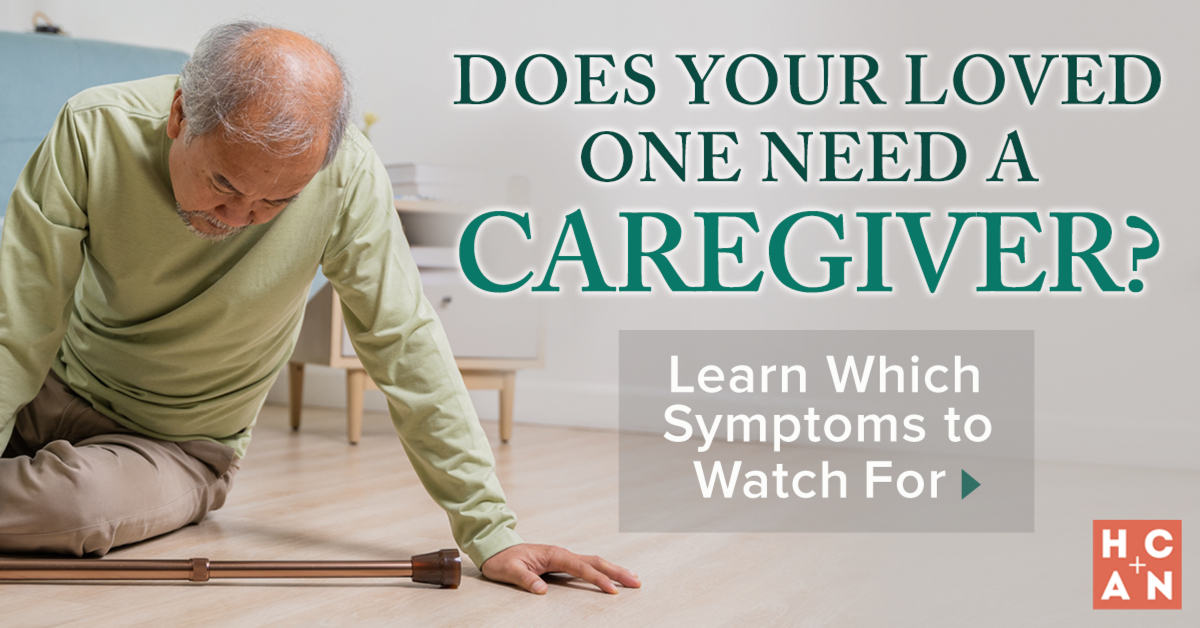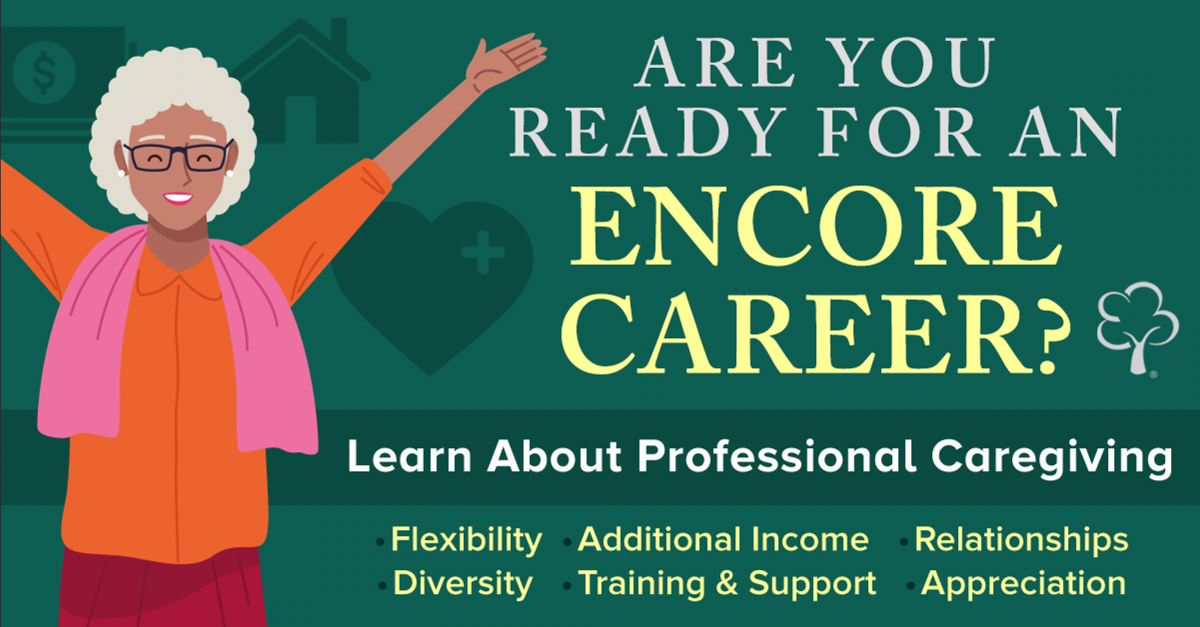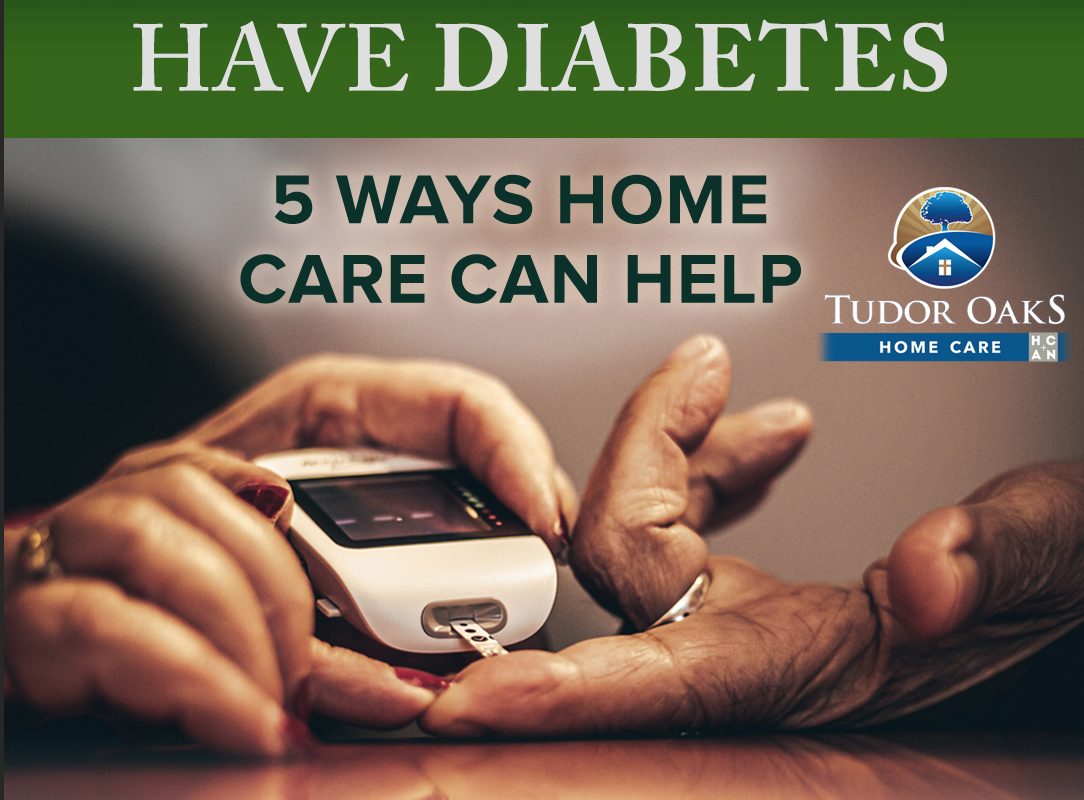Do you have aging loved ones who are living with diabetes?
A chronic condition, diabetes affects how the body turns food into energy. It occurs when the pancreases is no longer able to make insulin or when the body can’t make good use of the insulin it produces. Over time, diabetes can cause serious health problems, such as heart disease, kidney disease and vision loss.
According to the American Diabetes Association:
- Approximately 37.3 million Americans (11.3%) have diabetes
- More than 15.9 million seniors (29.2%) have diabetes
- Nearly 1.4 million Americans are diagnosed with diabetes every year
- Diabetes is the seventh leading cause of death in the U.S.
- By 2050, it’s estimated that cases in older women will rise by 270% and older men by 430%
“Although there is no cure, there are things you can do to help your senior loved ones manage their diabetes and continue to live independently in their homes,” said Sierra Goetz, co-founder and operations manager at Tudor Oaks Home Care’s partner, the HomeCare Advocacy Network (HCAN). “If family members or friends aren’t available to help, you might want to consider hiring an in-home professional caregiver – someone who will consistently deliver services needed to help your loved ones stay on top of prescribed dietary, exercise and medication regimens.” Continue reading Five Ways Home Care Can Help Seniors Living with Diabetes

